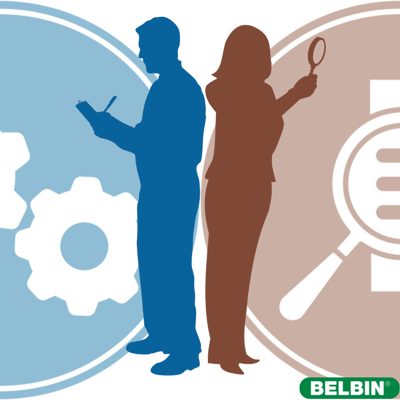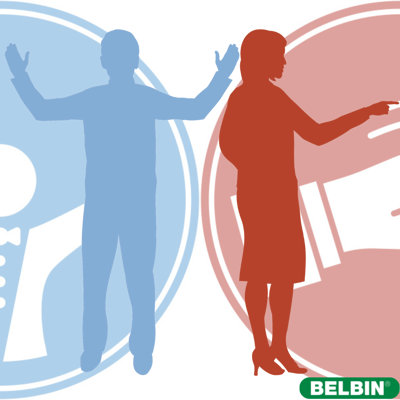Distinguishing between Team Roles
When we introduce new clients to Belbin, we often begin by defining each of the nine Team Roles. These are nine clusters of behaviour that facilitate team progress, as discovered by Dr Meredith Belbin and his research team at Henley Management College.
There may be lots of other characteristics that we observe in ourselves and colleagues – both helpful and unhelpful – but when it comes to moving the team towards its objectives, these are the key groups of behaviour.
Sometimes – especially for those new to Team Role theory – it can be difficult to distinguish between certain Team Roles and clarify those contributions, especially for roles that are commonly found in combination.







